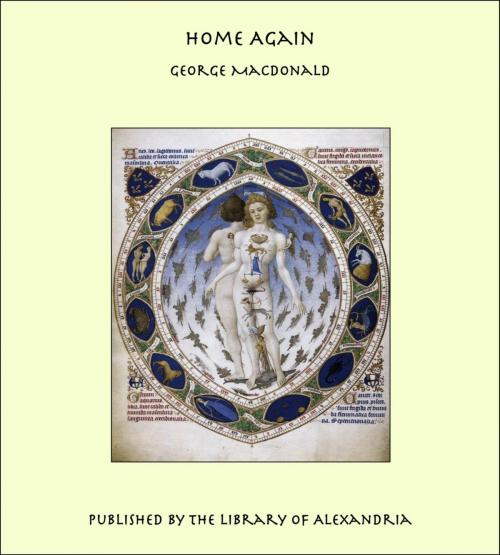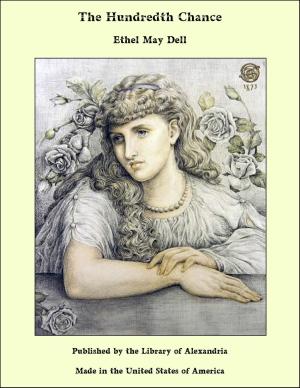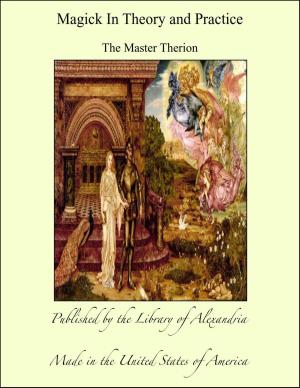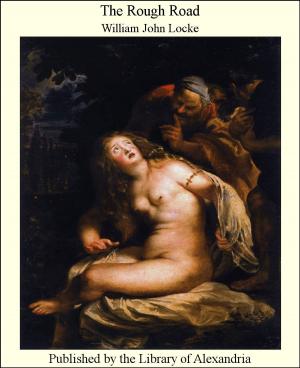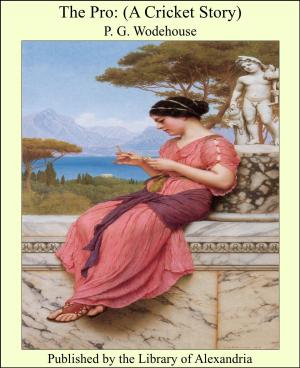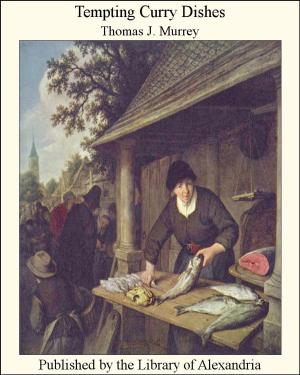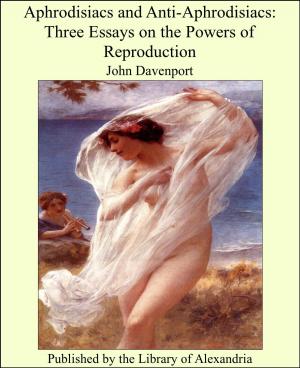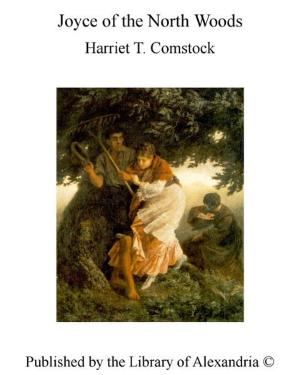| Author: | George MacDonald | ISBN: | 9781465550842 |
| Publisher: | Library of Alexandria | Publication: | March 8, 2015 |
| Imprint: | Language: | English |
| Author: | George MacDonald |
| ISBN: | 9781465550842 |
| Publisher: | Library of Alexandria |
| Publication: | March 8, 2015 |
| Imprint: | |
| Language: | English |
THE PARLOR. In the dusk of the old-fashioned best room of a farm-house, in the faint glow of the buried sun through the sods of his July grave, sat two elderly persons, dimly visible, breathing the odor which roses unseen sent through the twilight and open window. One of the two was scarcely conscious of the odor, for she did not believe in roses; she believed mainly in mahogany, linen, and hams; to the other it brought too much sadness to be welcomed, for it seemed, like the sunlight, to issue from the grave of his vanished youth. He was not by nature a sad man; he was only one that had found the past more delightful than the present, and had not left his first loves. The twilight of his years had crept upon him and was deepening; and he felt his youth slowly withering under their fallen leaves. With more education, and perhaps more receptivity than most farmers, he had married a woman he fervently loved, whose rarely truthful nature, to which she had striven to keep true, had developed the delicate flower of moral and social refinement; and her influence upon him had been of the eternal sort. While many of their neighbors were vying with each other in the effort to dress, and dwell, and live up to their notion of gentility, Richard Colman and his wife had never troubled themselves about fashion, but had sought to please each the taste of the other, and cultivate their own. Perhaps now as he sat thus silent in the dimmits, he was holding closer converse than he knew, or any of us can know, with one who seemed to have vanished from all this side of things, except the heart of her husband. That clung to what people would call her memory; I prefer to call it her. The rose-scented hush was torn by the strident, cicala-like shrilling of a self-confident, self-satisfied female voice— "Richard, that son of yours will come to no good! You may take my word for it
THE PARLOR. In the dusk of the old-fashioned best room of a farm-house, in the faint glow of the buried sun through the sods of his July grave, sat two elderly persons, dimly visible, breathing the odor which roses unseen sent through the twilight and open window. One of the two was scarcely conscious of the odor, for she did not believe in roses; she believed mainly in mahogany, linen, and hams; to the other it brought too much sadness to be welcomed, for it seemed, like the sunlight, to issue from the grave of his vanished youth. He was not by nature a sad man; he was only one that had found the past more delightful than the present, and had not left his first loves. The twilight of his years had crept upon him and was deepening; and he felt his youth slowly withering under their fallen leaves. With more education, and perhaps more receptivity than most farmers, he had married a woman he fervently loved, whose rarely truthful nature, to which she had striven to keep true, had developed the delicate flower of moral and social refinement; and her influence upon him had been of the eternal sort. While many of their neighbors were vying with each other in the effort to dress, and dwell, and live up to their notion of gentility, Richard Colman and his wife had never troubled themselves about fashion, but had sought to please each the taste of the other, and cultivate their own. Perhaps now as he sat thus silent in the dimmits, he was holding closer converse than he knew, or any of us can know, with one who seemed to have vanished from all this side of things, except the heart of her husband. That clung to what people would call her memory; I prefer to call it her. The rose-scented hush was torn by the strident, cicala-like shrilling of a self-confident, self-satisfied female voice— "Richard, that son of yours will come to no good! You may take my word for it
